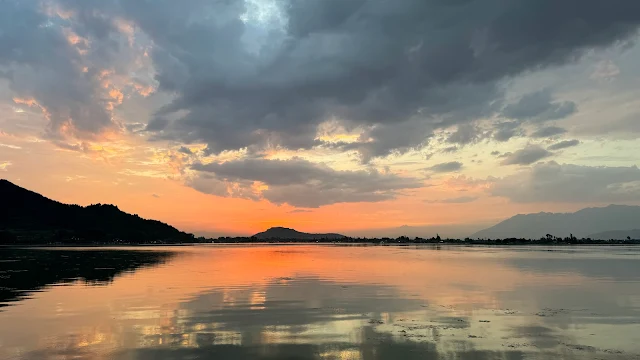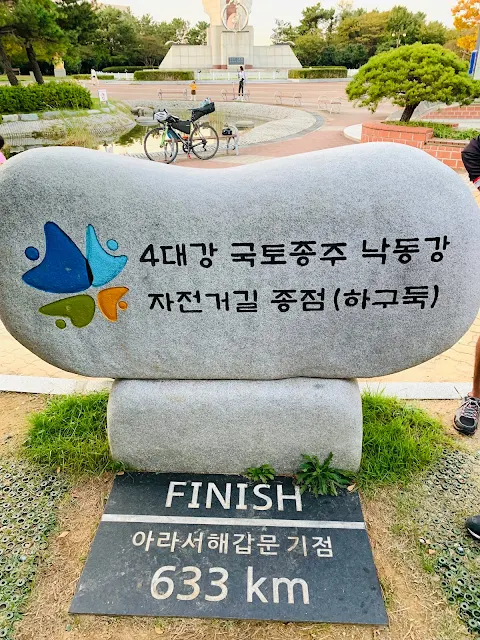 |
| Dhal Lake, Srinagar. |
Others quickly blurt that one needed about a week to acclimate to high-altitude sports. We had a one-and-a-half-day acclimatisation before climbing the hills for about a week. On top of that, we had acetazolamide to help in that aspect.
The plan was to cycle from Srinagar to Leh (Khardunga, optional), covering about
500km and an elevation of over 7,200m in about 8 days. So it was Srinagar to Sonamarg, Sonamarg to Drass, Drass to Kargil, Kargil to Budkharbu, Budkharbu to Nurla, Narlu to Leh.
Contrary to what I had heard, I did not feel hostility. The only semblance of possible unrest is the military presence throughout the journey. People were seen doing their daily chores. Construction was everywhere, a sign that the political climate was conducive. Lorries were seen transporting local produce. National highways have been tarred recently and are in different stages of work in progress. Vans and SUVs were aplenty, with tourists thronging this region, another proof that everything was in order.
 |
| Lovely in Ladakh |
So, I asked myself, what does an average Joe want in his life? He wants so many things in his life; the more, the merrier. The bottom line for all these to happen is peace. He should be confident to work hard, knowing well that he can reap the
benefits of his hard work for himself and future generations. He must have peace of mind and know that tomorrow will not bring unexpected maladies. He has to be confident that there will still be a roof over him when he gets up tomorrow. He would
want his offspring better than what he is, which must be a notch better than his forefathers.
He does not care who is his leader. He is interested in something other than whether his race is superior to that of his neighbours. In his mind, everything starts from nothing and goes to nothingness. For him, religion is a mere guide to pave his life. He does not need to prove to others that his religion is the true one. For each, his is the way. Just need to live and let live.
So, all this desperate madness to race and religious supremacies mean nothing to the man on the street.
What he really wants is peace and to provide for his loved ones
 |
| Sunset at Lake Dhal |
 |
| Sonamarg, Kashmir. |
 |
| Elevation Profile |
 |
| Fotula Pass |
 |
| Leh, Ladakh. Evening market |





.jpeg)






























